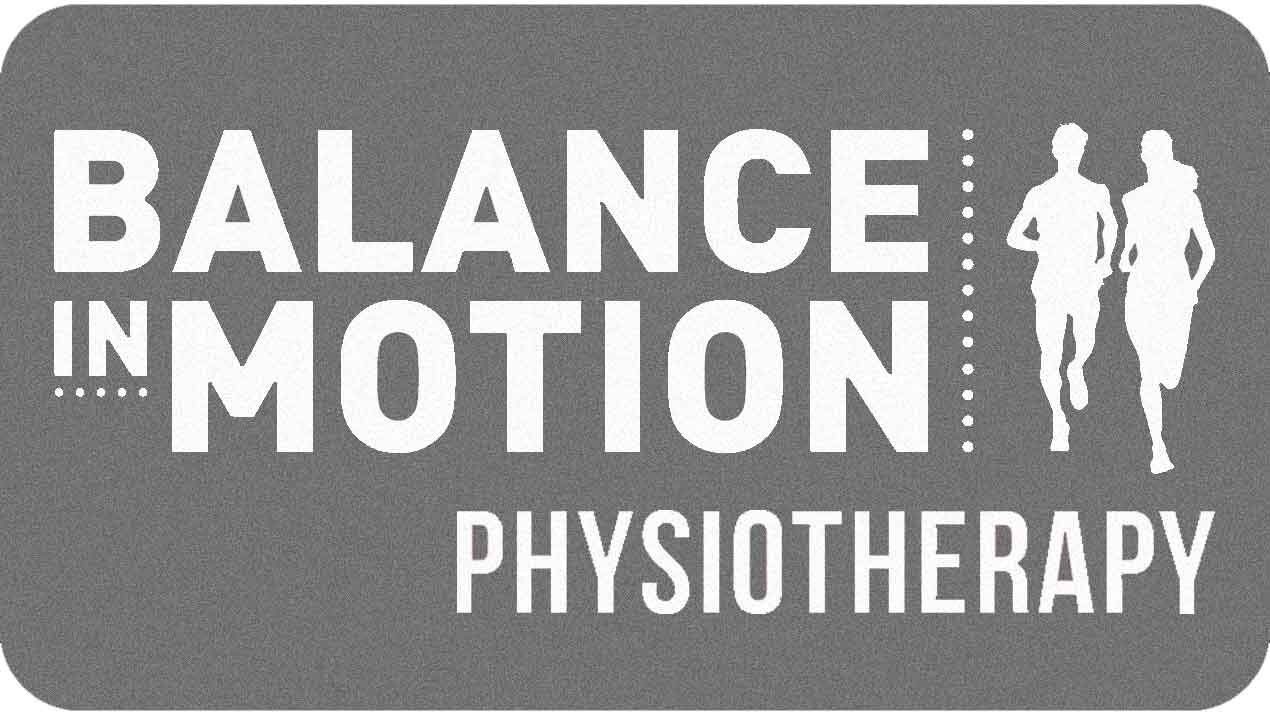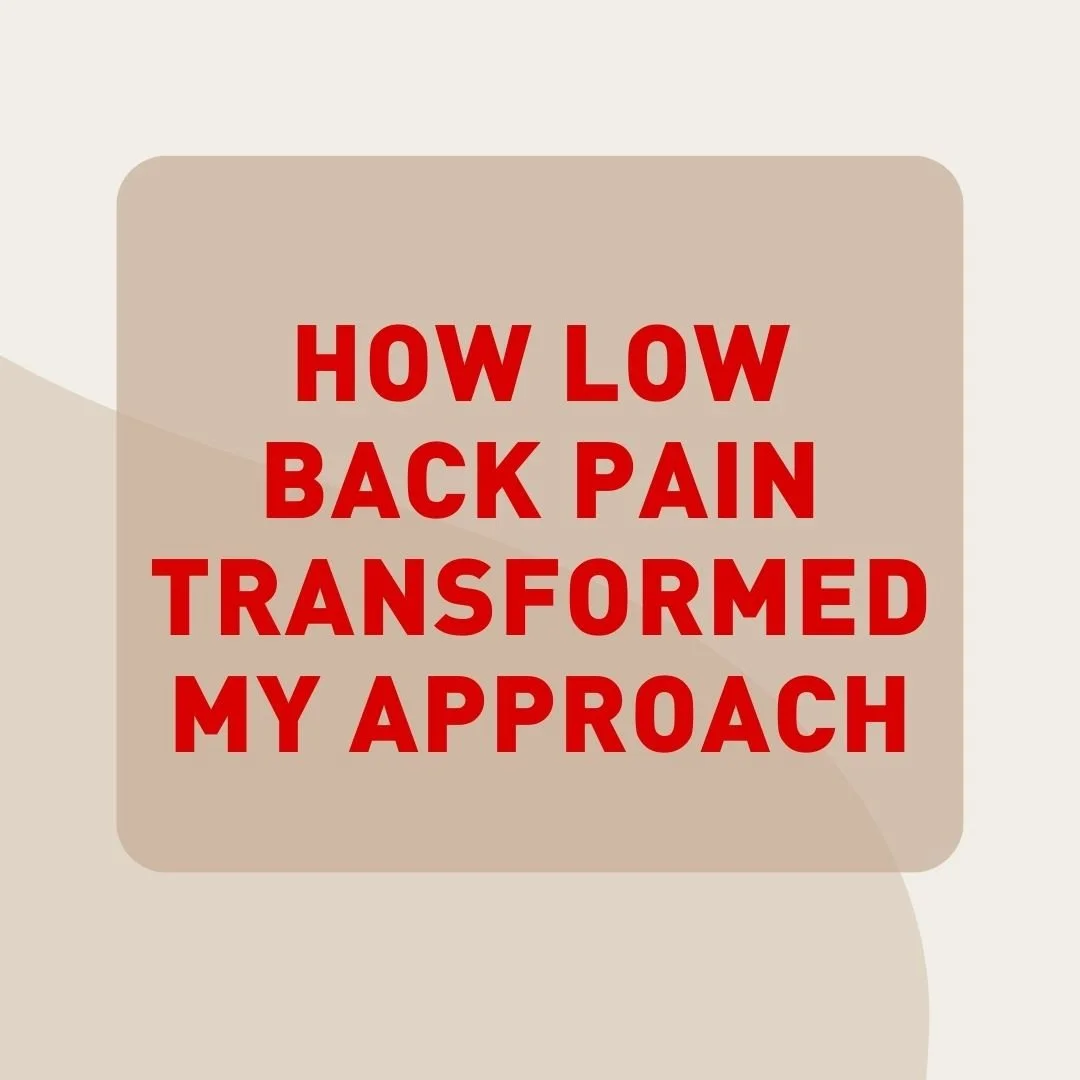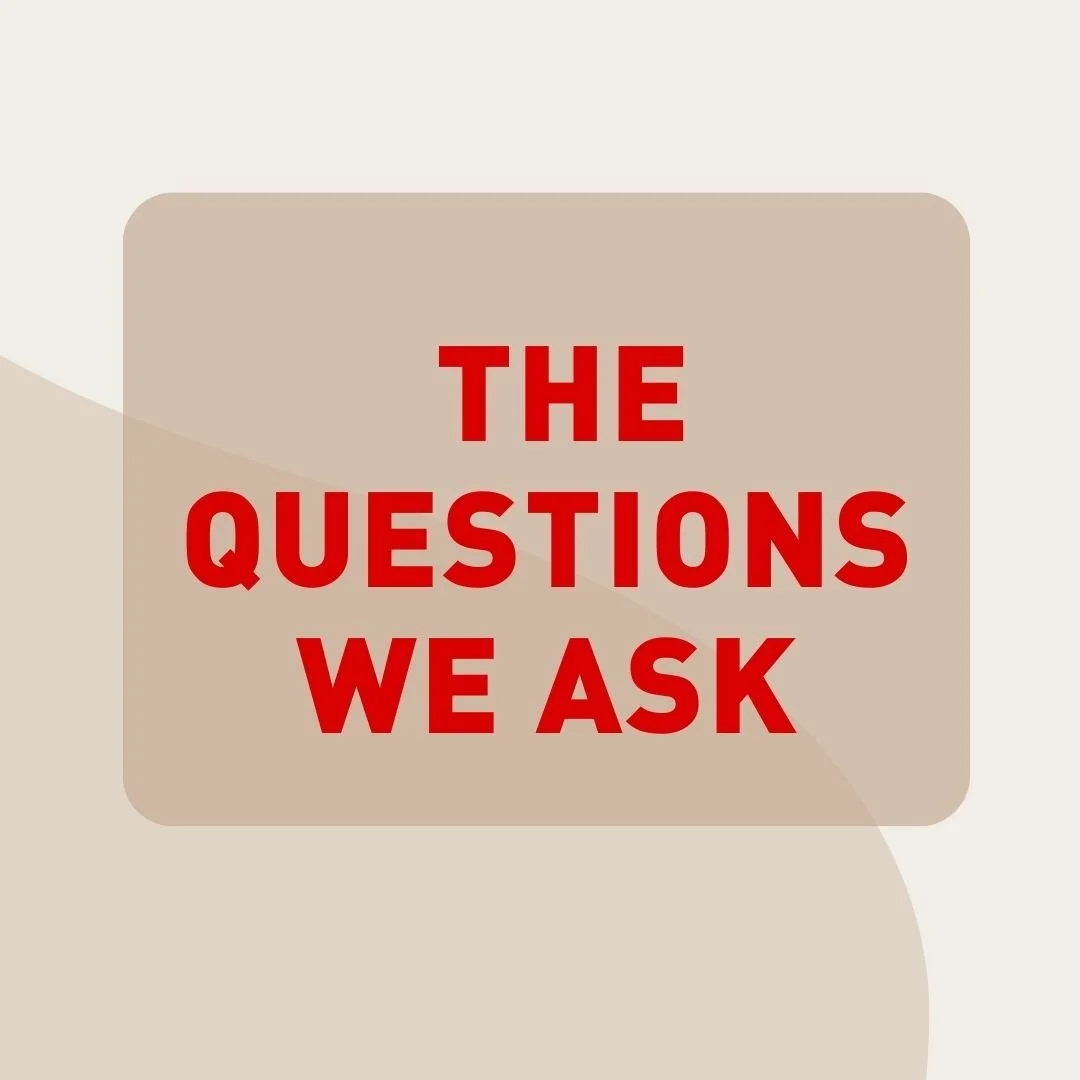New Yew New Habit: Journaling
/It’s a new year and a great time to introduce a new habit for your mental health. Something that I highly recommend and takes less than 5 mins per day, is journaling.
I recently listened to a podcast by an amazing GP Dr Rangan Chattergee who is a very holistic doctor. He is also a massive fan of journaling and calls it a “keystone” habit where if you do this one thing routinely, it has a massive flow on effect to the rest of your life.
Read More

















